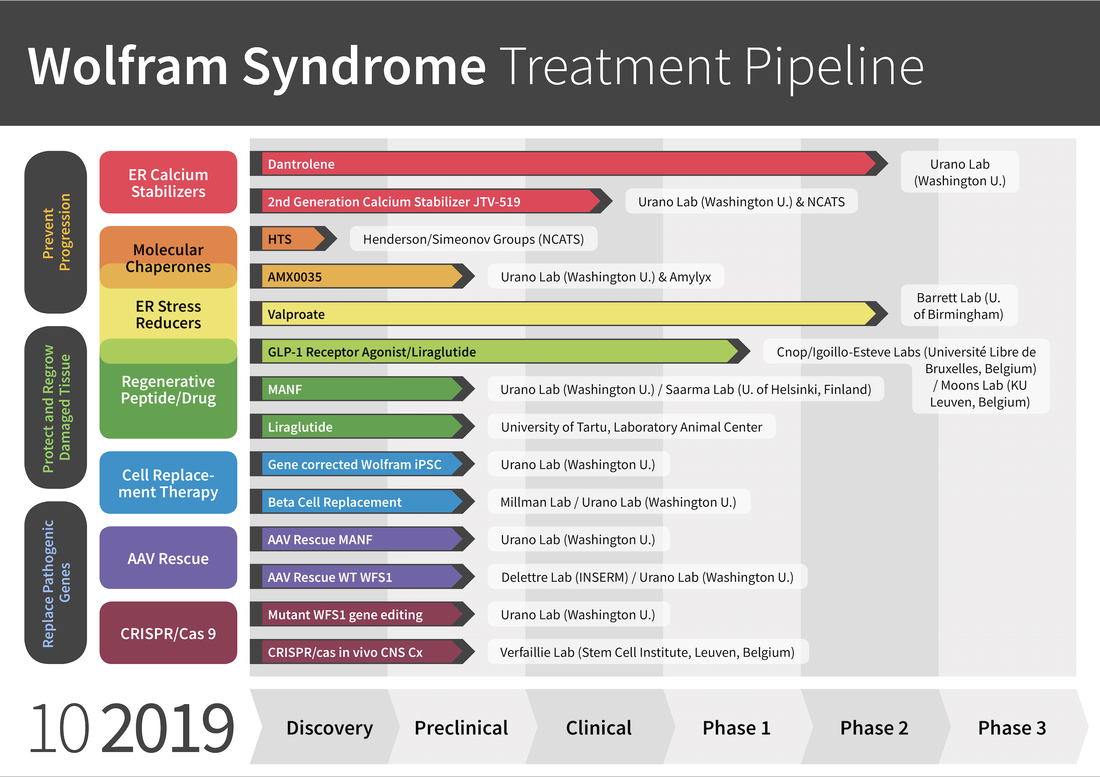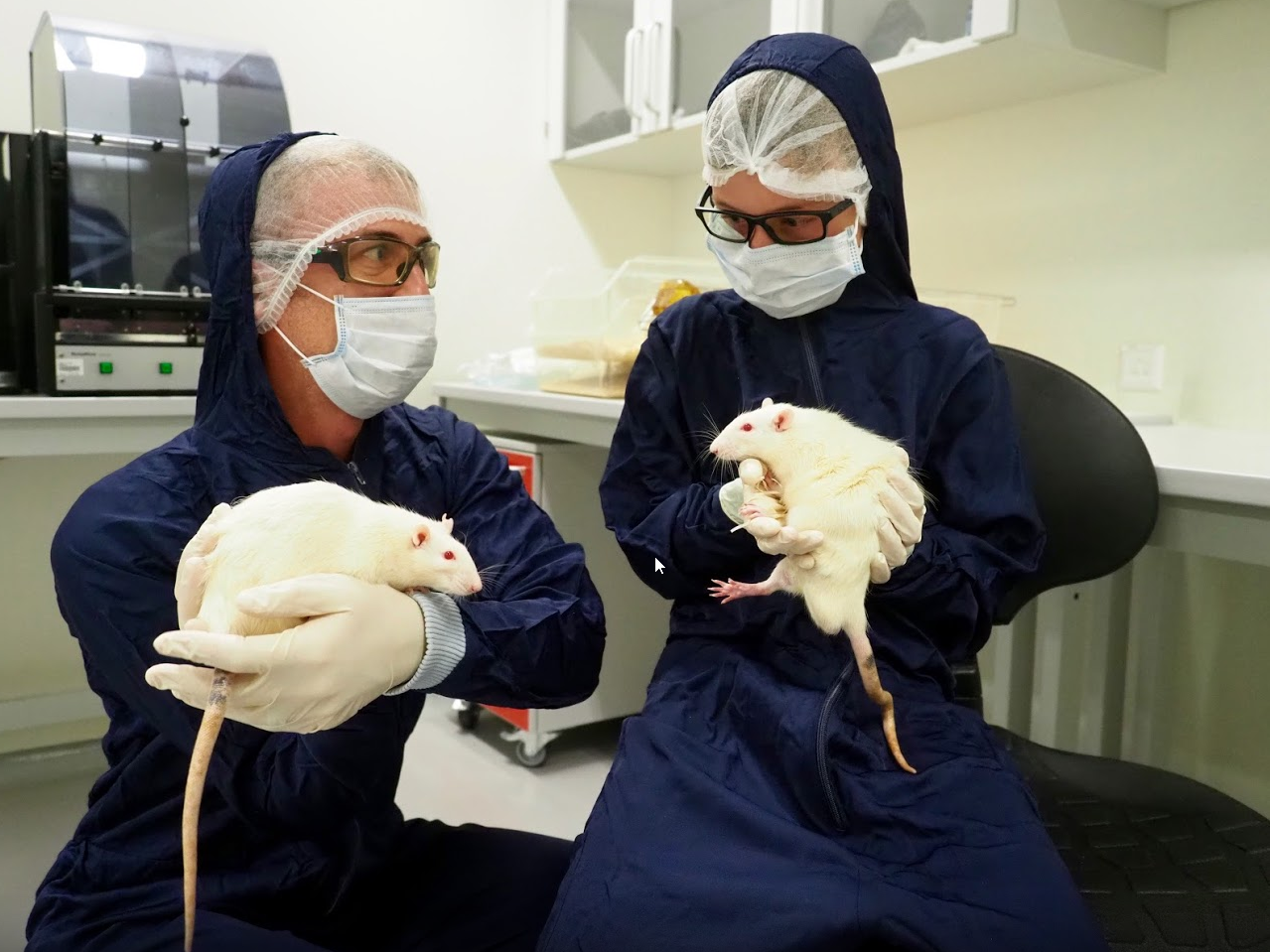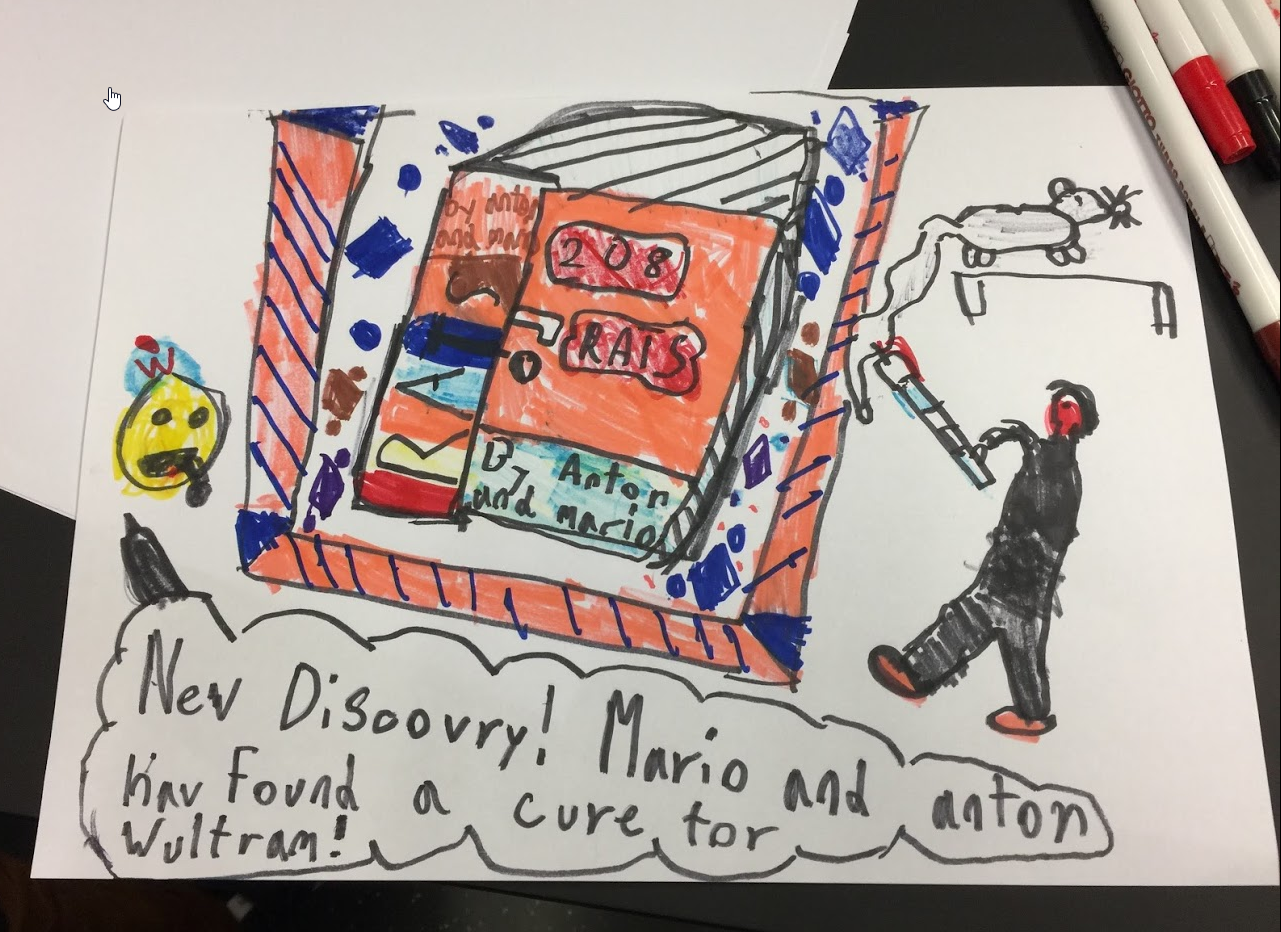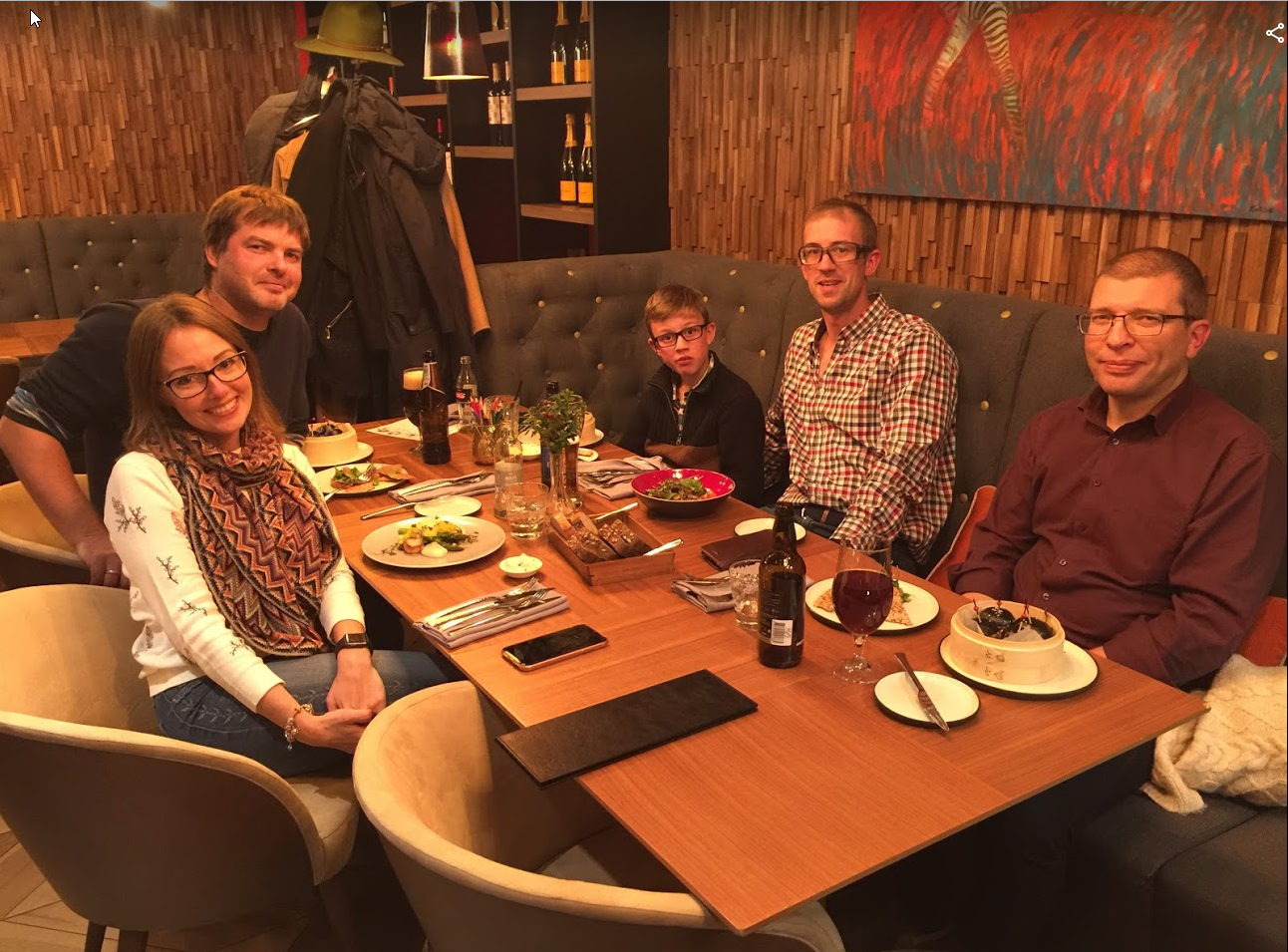Dear Wolfram society,
It’s the time of the year again for a short update on our activities during the past 6 months. Thanks to your continued support we have continued to fund a couple of very interesting projects in Belgium, the USA and Estonia. Without your contributions to our fundraising this wouldn’t be possible.
During the past months, an initiative has been initiated in the US to create a Wolfram Syndrome Research Alliance bringing together researchers, patients and medical doctors. As part of this work, an overview was created of currently ongoing research and treatments in Wolfram Syndrome with the different phases.

Figure 1: Wolfram Syndrome Research and Treatment Pipeline, made by Sarah Gladstone.
Many of the projects in the overview, have been initiated or supported by our Foundation.
Since the announcement that Victor is currently taking Victoza (also called Liraglutide or GLP1 agonist), I have been contacted by numerous parents of WFS1 kids. Several dozens of kids are now on Victoza. According to my knowledge, the results are uniformly positive resulting in an increased quality of life at least. Especially the diabetes part becomes manageable. In order to gather the knowledge and experience at these different individuals, I created a Facebook group called “GLP1 for WFS1 kids” (https://www.facebook.com/groups/517126908859489/). Before starting however, its recommended to visit your endocrinologist.
Despite the positive results we observe, there is little known on the neuroprotective effect (eyes, hearing and brain) of liraglutide on the longer term. Therefore, we initiated since the beginning of this year a project in Estonia (Tartu) to investigate the long-term effects of liraglutide on WFS1-deficient rats. This project is running for almost 2 years according to the lifetime of the rat. During the past week, Victor and me visited the research director Dr. Mario Plaas and his co-workers Dr. Anton Terasmaa and Kadri Seppa in Tartu. The project investigates the effects of liraglutide on most phenotypes (diabetes, eyes, ears and brain) and is unique in its kind. Currently it's sponsored monthly by Eye Hope Foundation and we are always looking for funding in order to continue this project. I believe it's key to our society and the results will be presented at conferences of neuroscience.
Liraglutide is in best case slowing down the degeneration which is still our main priority. We discussed also several ideas to go to the next step which is recovery of functions. It's my ultimate hope we can initiate projects on this as well in a near future!

Figure 2: Victor entering the cleanroom in Tartu with A. Terasmaa


Figure 3: Inspection of WFS1 and Wild-type rat by Victor

Figure 4: Visionary drawing as an inspiration to the team, made by Victor.

Figure 5: Final dinner in Tartu, Estonia, with research team.
As a last point, during March next year, the French Wolfram association will organise its bi-annual Wolfram syndrome workshop in Paris where researchers have a chance to interact. The research that is sponsored by Eye Hope Foundation will again be strongly represented and provide major highlights to the conference!
To conclude, things on Wolfram research are moving, still too slow for me, but at least faster than ever before. Time is our worst enemy!
Thanks for reading and take care,
Lode
Eye Hope Foundation – Autumn 2019 update
